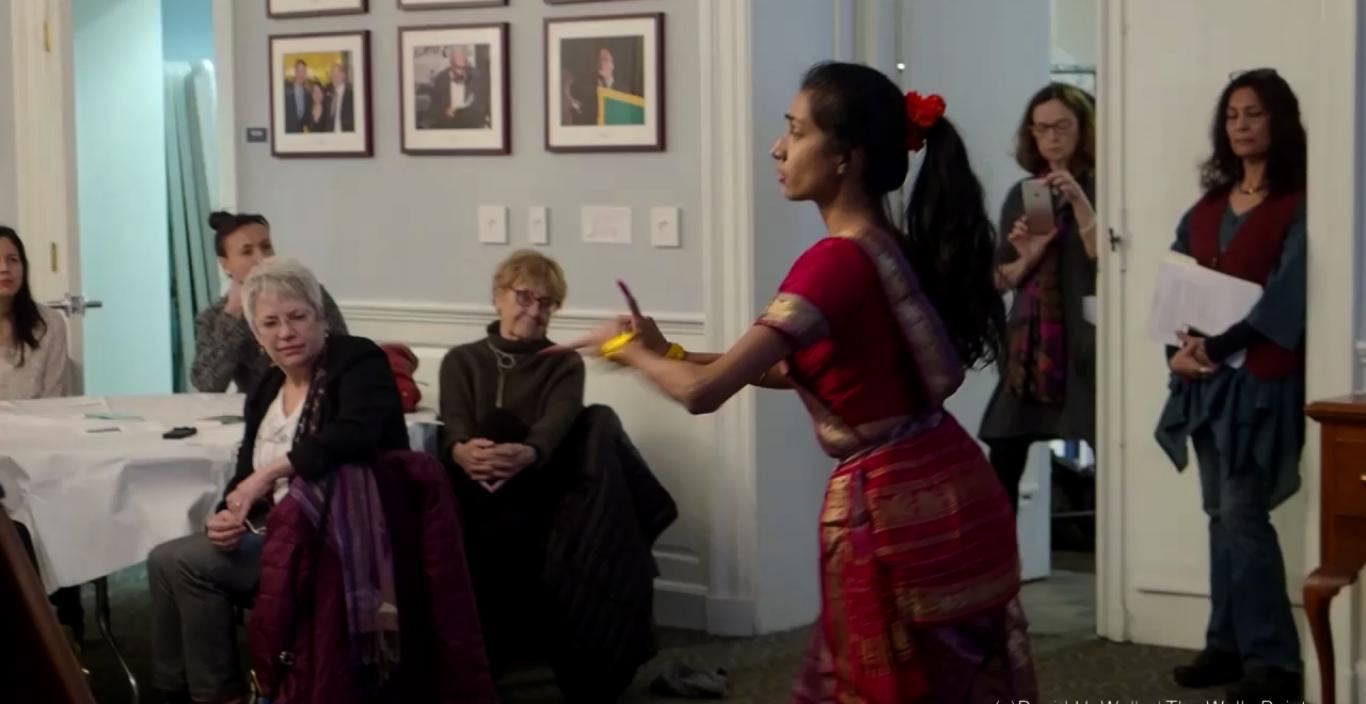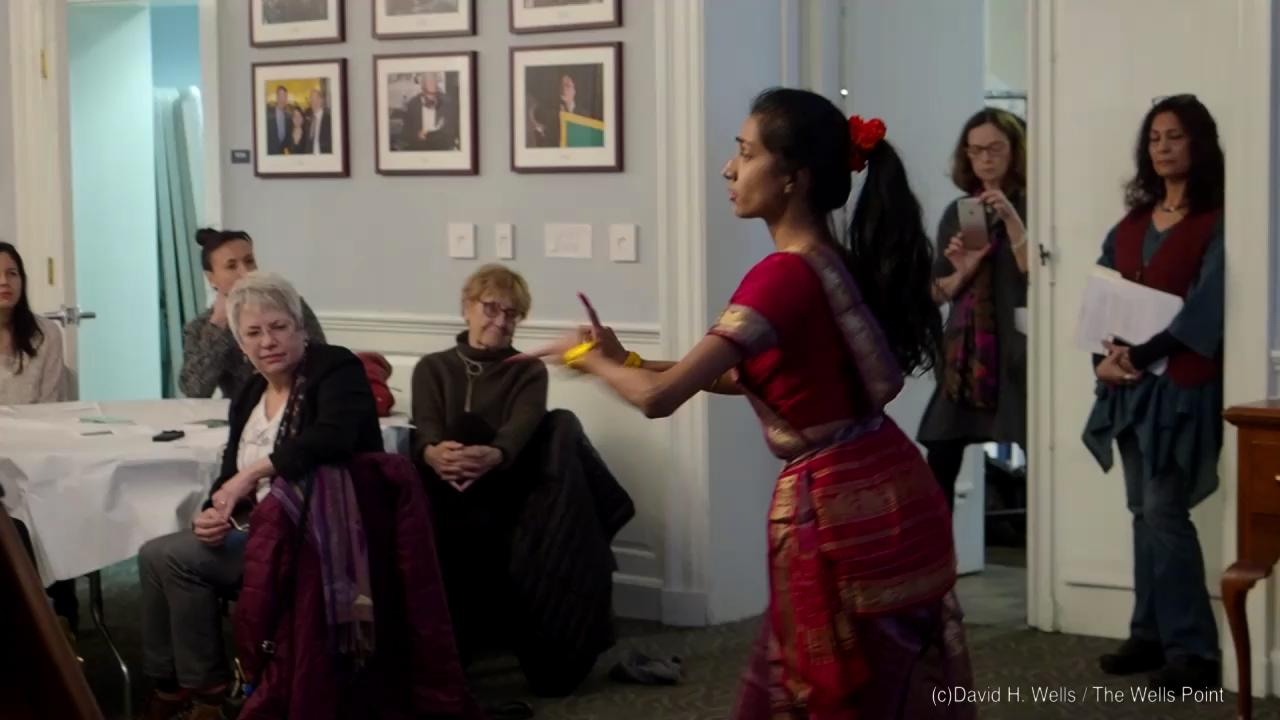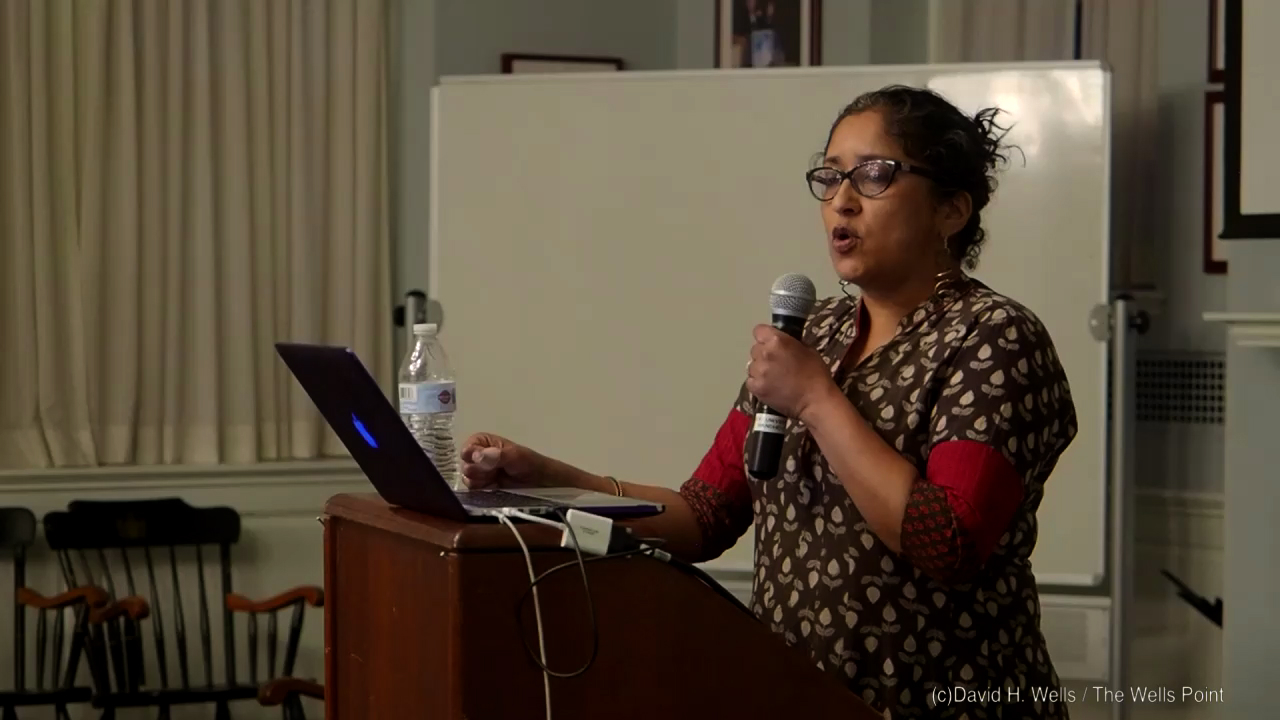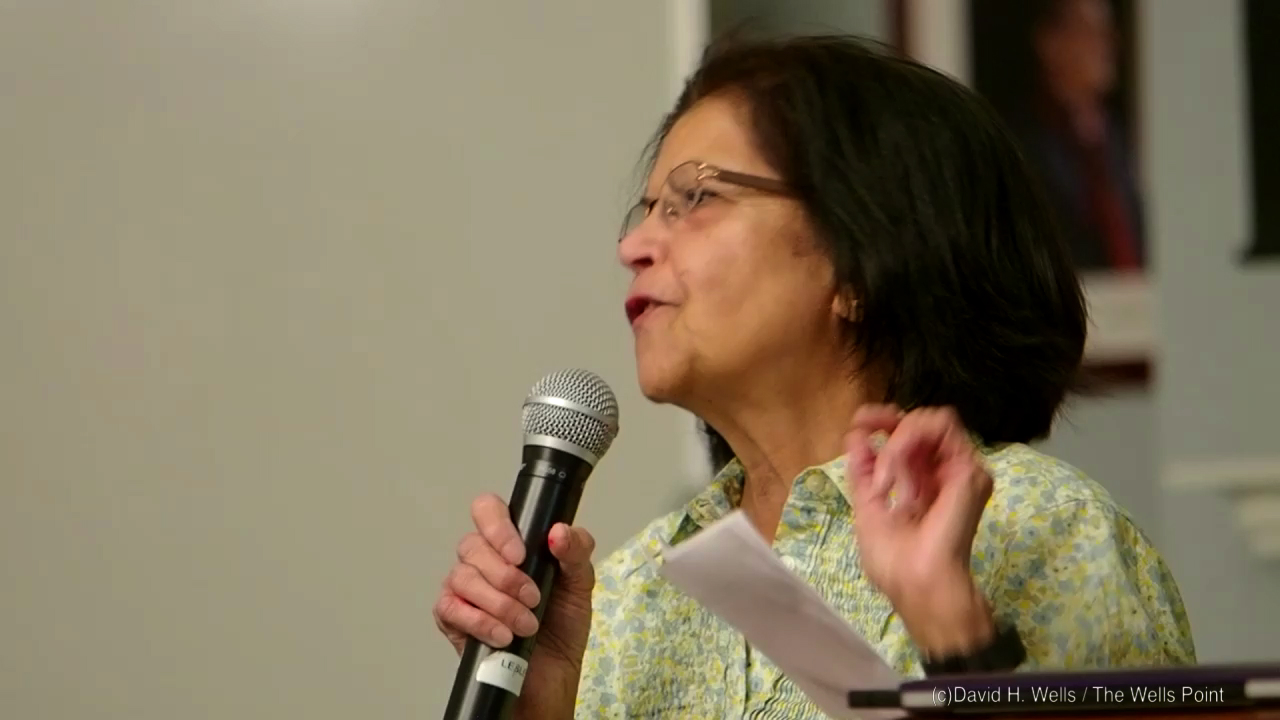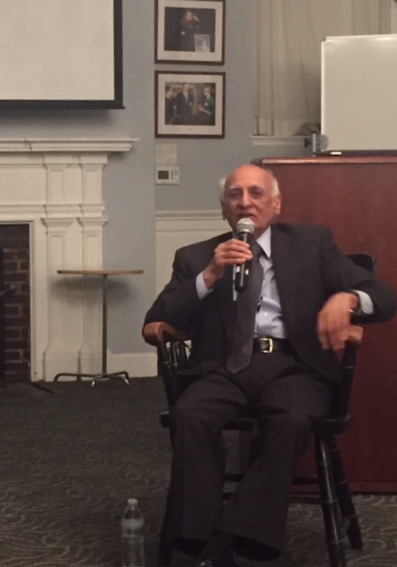Seventy years ago this month, the British India Partition drew a hasty boundary line separating the mostly-Hindu India and the mostly-Muslim Pakistan.
There are no monuments – and no museum until one opened in August 2017 in Amritsar, India – to remember the event that displaced over 12 million people and resulted in more than a million deaths due to religious strife. But the memory of Partition hasn’t faded for those who remain in the region.
Each year, our Graduate School of Arts and Social Sciences collaborates with Violence Transformed to demonstrate the use of the arts in bringing attention to a global historical event of violence. The focus this year was August 1947 Partition and its legacy.
“This was a way to memorialize the 1947 Partition, to remember those who lost their lives, and those who survived and lived to share their accounts,” says Dr. Meenakshi Chhabra, professor of global interdisciplinary studies, whose research surrounds conflict, trauma and resilience.
“Open Wounds” exhibit and testimonials
During the spring 2017 semester, artist and University of Rhode Island professor Dr. Annu Palakunnathu Matthew presented an exhibition on our campus, titled “Open Wounds,” and spoke at an event titled “Voices of Partition – Lessons Learned.”
“Open Wounds,” which was on view for a month in Marran Gallery, combined images and voices of people affected by Partition, from India, Pakistan and Bangladesh (formerly East Pakistan).
“Annu’s work is masterful in terms of medium, methodology and technique,” reflects Dr. Mary Harvey, director of Violence Transformed, “and also in terms of her resonance with the complexity and nuance of these poignant family narratives, narratives that traveled across generations and across religious and geographic boundaries.”
“We had left everything. We had nowhere to go.”
During the “Voices of Partition – Lessons Learned” event, held in Alumni Hall, two survivors shared their accounts from Partition, which prompted the largest mass migration of the 20th century.
Puran Dang from India and Akhtari Alam from Pakistan drew real-life sketches that recreated the dangers, fears and hopes – as well as the sense of community that resulted from that tumultuous period.
“I was just 10 and did not know what was going on,” Dang recalls. “When we reached Delhi, India from Lyallpur (which is now known as Faisalabad in Pakistan), we had left everything. We had nowhere to go. The community reached out and people supported each other.”
As a 6-year-old Muslim girl, Alam recounted her border crossing from India to Pakistan. Like Dang, she found comfort through community. A Hindu landlord and friend protected her family, arranging for them to travel to a safe place until the violence settled down. When Bangladesh gained independence in 1970, Alum was again uprooted and ended up in the United States with her husband.
“Their lived experiences and memories are a touchstone of reality, telling us about how people try to lead a normal life after such a trauma,” says Chhabra.
Trauma and resilience
The stories shared by Matthew, Alam and Dang resonated with the audience, particularly those whose own histories overlap with Partition.
Vikram Chhabra, an American of Indian origin who attended the event with his 91-year-old father, also a survivor of Partition, says, “The inspirational stories of the guests gave hope to believe in the indomitable human spirit that transcends religion, race and national boundaries.”
For Nafees Shah, a native of Pakistan and resident of Cambridge, the event was as much about remembering the past as it was a lens to view current events.
“Putting a face on the suffering…allows a more sympathetic view of the present refugee situation,” she says.
“Open Wounds” and “Voices of Partition” were curated by Lesley, Violence Transformed and 1947 Partition Archive.
